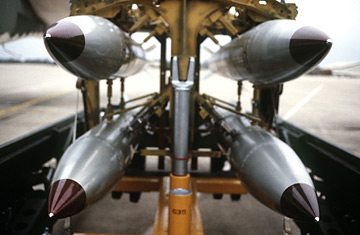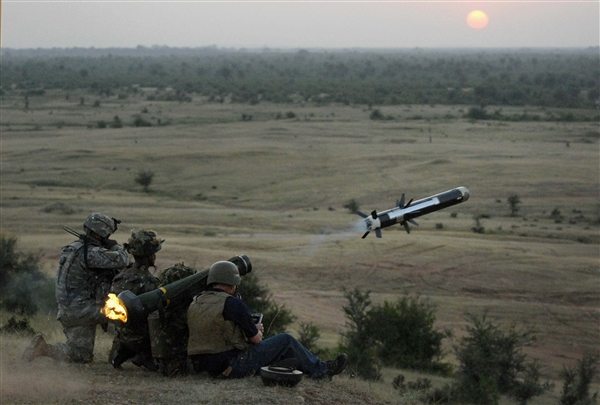Firebrand former Tokyo governor Shintaro Ishihara, a potential kingmaker in next month’s general election, said Tuesday Japan must acquire nuclear weapons if it wants to be taken seriously.
At very least, avowedly pacifist Japan should examine what it would need to do to join the club of declared nuclear powers, the 80-year-old arch conservative told foreign journalists in Tokyo.
“I think Japan should at least carry out an analysis on going nuclear,” Ishihara said.
“The diplomatic voice of countries without nuclear weapons is overwhelmingly weak,” he said.
Ishihara has a long track record of saying controversial things and breaking cultural taboos. He has previously expressed the same thoughts on Japan — the only country on which a nuclear attack has ever taken place — getting atomic weapons.
But his comments Tuesday come just days after he was declared leader of a populist party forged ahead of the December 16 general election with the express aim of challenging the two major forces in Japanese politics.
Next month’s poll is expected to end without a clear result, with prime minister Yoshihiko Noda’s Democratic Party of Japan (DPJ) and the main opposition Liberal Democratic Party seen likely to fall short of a majority.
Commentators expect a period of horse trading as a coalition is forged, with Ishihara’s Japan Restoration Party (JRP) a leading contender for a post-election political marriage.
Ishihara said he was “too old” for a ministerial brief and stressed that his views were personal, rather than those of his party.
His comments are also at odds with public opinion, which overwhelmingly backs Japan’s pacifist constitution and, since the disaster at Fukushima, has developed a pervasive distrust of nuclear power.
However, they may strike a chord with a section of the public frustrated with what they see as Japan’s diplomatic missteps in the face of an assertive China, particularly on the issue of disputed islands in the East China Sea.
Ishihara, who decades ago served as an LDP lawmaker and minister, is widely known for the colourful, often abrasive remarks he daubs on the otherwise grey world of Japanese politics.
Speaking to reporters at the Foreign Correspondents’ Club of Japan, the novelist-turned politician took aim at China, a favourite bogeyman of the right.
“In theory it would be good if Japan and China could foster friendship, but Chinese policy is that of a hegemony,” he said.
“The Tibetan situation invites tremendous sympathy. Japan must not become like Tibet, violated by China’s high-handed approach,” he said, adding Tokyo should look to form alliances with other countries in the region that have territorial disputes with China, such as the Philippines and Vietnam.
Ishihara is widely blamed for the recent flare-up with China over what Japan calls the Senkakus and Beijing claims as the Diaoyus, because it was his plan to buy them that provoked the spat.
The national government stepped in to outbid Ishihara, who said he wanted to built a lighthouse and a small harbour there, but not before he had amassed 1.4 billion yen ($17.5 million) in public donations towards the purchase.
Riots and product boycotts followed in China, which has repeatedly sent government ships to disputed waters to press its claim for ownership.











